Keywords: Indigenous Australians
There are more than 200 results, only the first 200 are displayed here.
-
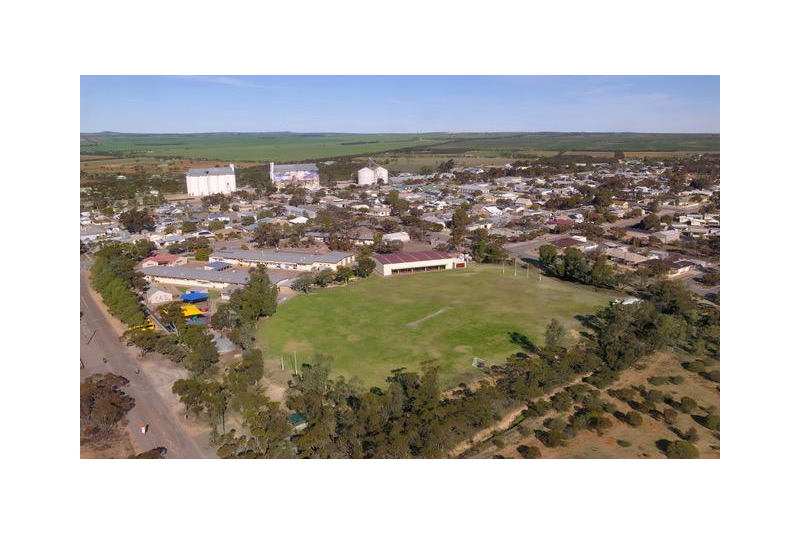
ENVIRONMENT
- Michele Madigan
- 28 July 2020
9 Comments
There’s a long way to go for the Coalition to change from ‘its business as usual’ performance in this as in many other matters. We can all play our part, however, in encouraging Senators to stop another sizable wind back in the nation’s democratic processes. If the Senate defeats this Radioactive Waste Management Bill then the Barngarla and others can, as in any democratic country, take to court the minister’s processes.
READ MORE 
-
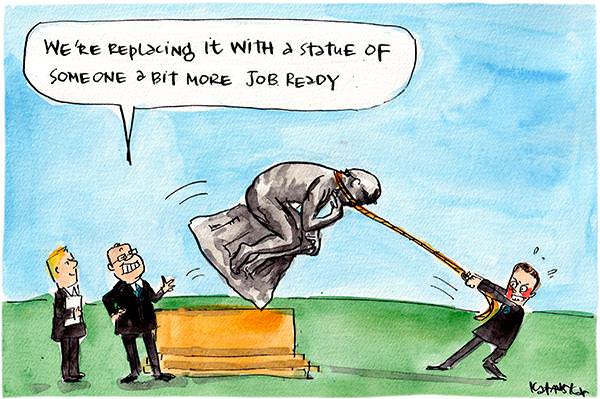
AUSTRALIA
- John Warhurst
- 16 July 2020
11 Comments
Government attitudes towards universities, the humanities and the arts, are often a strange mixture of ignorance, blindness and misplaced priorities. It is almost as if their graduates fail to match the image of what the government would prefer Australians to be.
READ MORE 
-
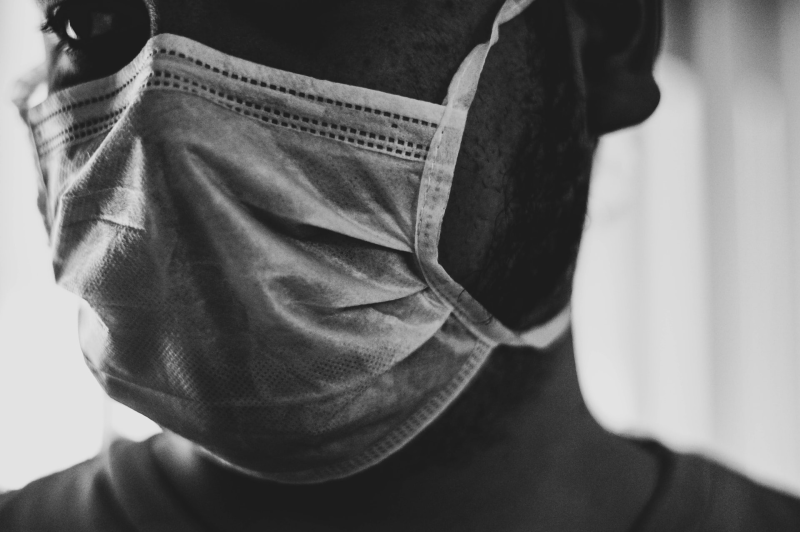
ARTS AND CULTURE
- Andrew Hamilton
- 18 June 2020
5 Comments
2020 has been the year of the mask. The masks worn during the smoke of bushfires, during the threat of COVID-19, and during the Black Lives Matter protests. Masks are a powerful and complex symbol.
READ MORE 
-
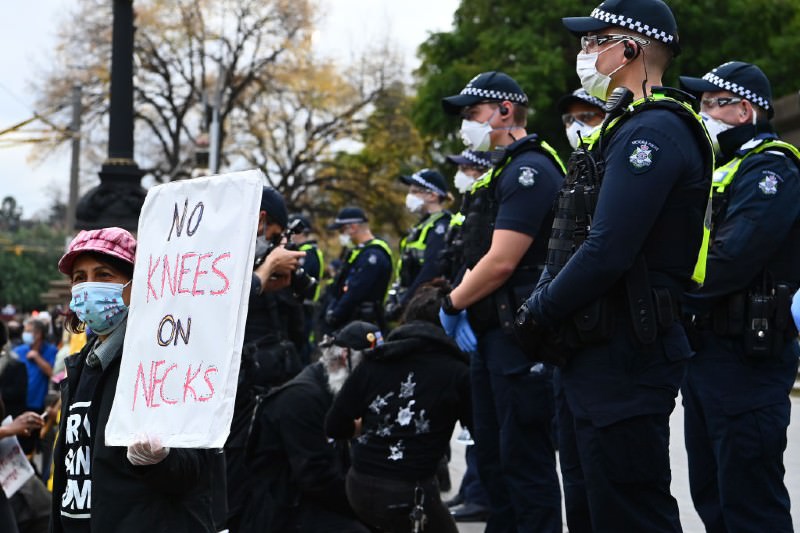
AUSTRALIA
- Cristy Clark
- 09 June 2020
16 Comments
We must ask: are our police forces keeping us safe? All of us? Poverty, discrimination and disempowerment cannot be solved with more policing. What if we took the money that is currently spent on policing and spent it on supporting the community?
READ MORE 
-
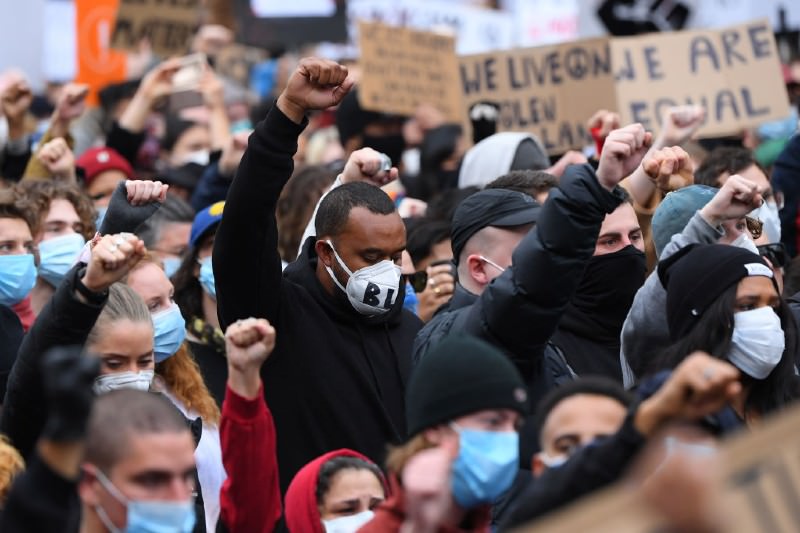
AUSTRALIA
- Sherry Balcombe
- 09 June 2020
25 Comments
The streets were packed there were thousands of people there to march in solidarity with us. It was so incredibly heartening. Australia is growing. The only time I have felt this atmosphere was in Sydney in the 1988 march on Australia Day. But this time was different very different it was predominately young people under the age of 30. They get it, they do see it.
READ MORE 
-
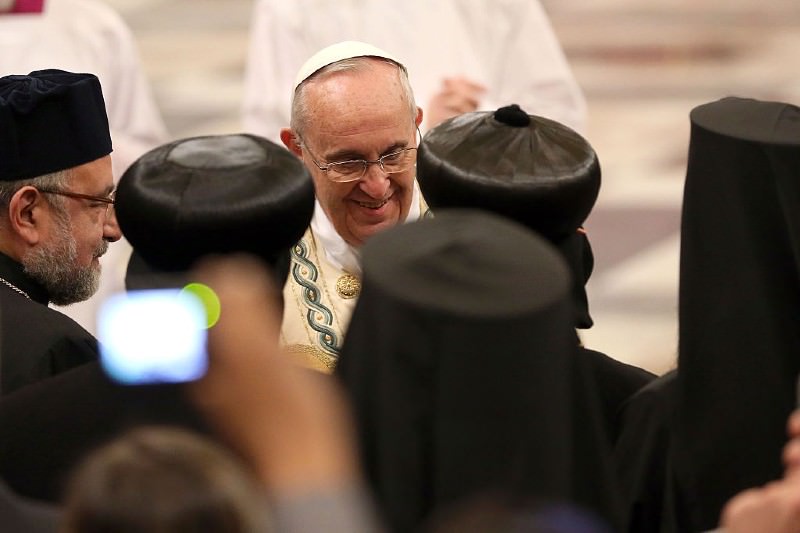
RELIGION
- Andrew Hamilton
- 04 June 2020
19 Comments
With churches closed throughout much of the world, many events and dedicated weeks have passed us by. One of those weeks was the Week of Prayer for Christian Unity. Catholics who paid attention to Pope Francis’ engagements may have noticed it through his references to the 25th anniversary of Pope John Paul’s Encyclical on Christian Unity, Ut Unum Sint.
READ MORE 
-

AUSTRALIA
- Andrew Hamilton
- 07 May 2020
5 Comments
For comfortable communitarians among us it is tempting to lament the loss of the solidarity displayed in the first response to coronavirus. That would be a mistake. Solidarity is not a mood to be looked back on with nostalgia, but a commitment to be built and defended.
READ MORE 
-

AUSTRALIA
- Michele Madigan
- 22 April 2020
8 Comments
This huge, rarely mentioned and ongoing deeply shameful situation regarding the health and housing of First Nations people comes into unbearably sharp relief by the present crisis.
READ MORE 
-
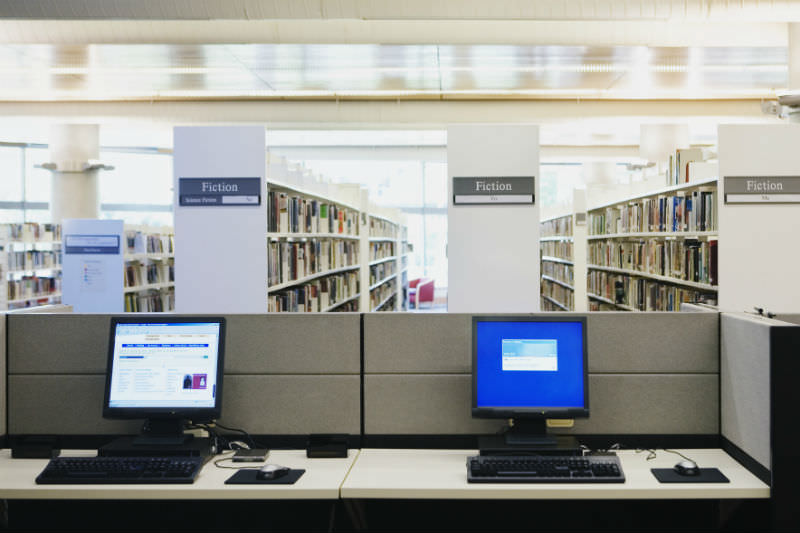
EDUCATION
- Nicola Heath
- 27 March 2020
9 Comments
A laptop or tablet and the internet are not universally available to Australian students. In 2016-17, 1.25 million Australian households lacked the internet home connection that’s required to make full use of online learning platforms like Class Dojo, where my daughter’s class is congregating during the coronavirus lockdown.
READ MORE 
-

ARTS AND CULTURE
- Andrew Hamilton
- 18 March 2020
12 Comments
I've been watching Stateless, the ABC drama about Australia’s immigration detention system, with some reluctance. Not because it is poor, but because it is so powerful.
READ MORE 
-
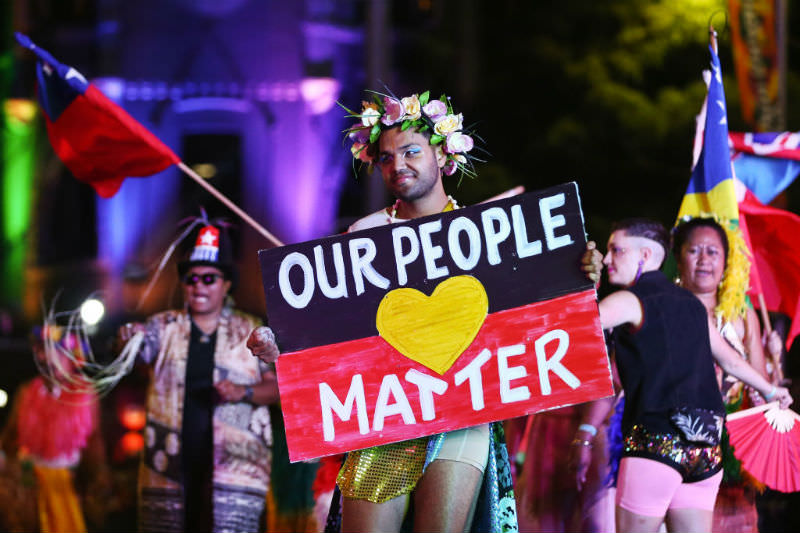
AUSTRALIA
- Dejan Jotanovic
- 05 March 2020
8 Comments
Pride is politically messy. When you stir together an alphabet soup of people, all of which have other intersecting identities (race, class, religion, political allegiance), you will invariably plate up a political mess. And the 2020 Sydney Mardi Gras dished quite the menu.
READ MORE 
-

AUSTRALIA
- Marnie Vinall
- 02 March 2020
17 Comments
Was I a settler? What did it mean to be a settler? I began asking my non-Indigenous friends around me what their thoughts were on the matter: did they identify as settlers? Some reacted with intrigue and were open to discussing it with me, and others reacted with strong distaste. ‘No’, they would say, ‘I just don’t like the word — it doesn’t describe who I am’.
READ MORE 